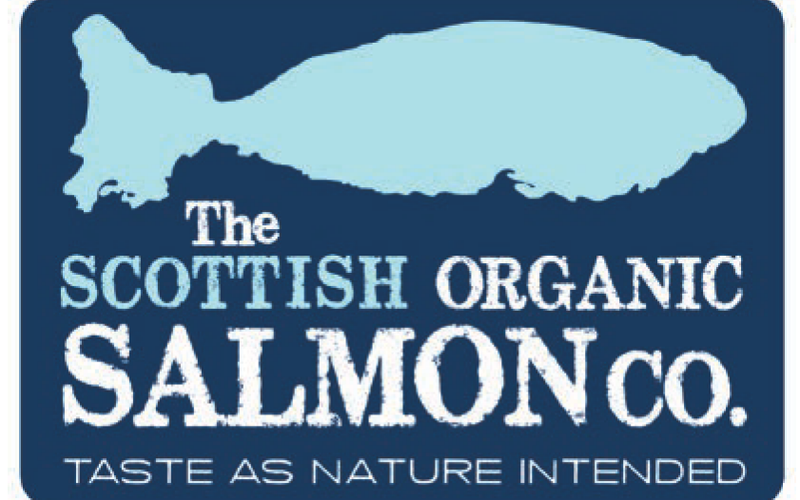Following the certification from the Soil Association, Mowi harvested its first organic salmon in Scotland from Loch Ewe. The organic salmon, which is also certified to EU organic standards and approved by Agriculture Biologique in France, will be sold under a newly created brand, the Scottish Organic Salmon Company.
In order to achieve organic certification with the Soil Association, every step of the process of farming salmon must conform to their robust criteria. This includes the feed itself. The organic feed is produced at the feed mill in Kyleakin which is regulated by EU legislation and meets the criteria for both the Soil Association and Naturland in Germany. The Soil Association also mandates that stocking density must be less than 10 kilos per cubic meter. Anti-foulants cannot be used on nets and the use of medicines and pesticides is also restricted. Seabed sampling is carried out every year.
The organic salmon market is still relatively small; however, the company hopes that by increasing the supply of organic salmon, it can be accelerated. “From our 20 years of experience of producing and selling organic salmon, we know that retailers are reluctant to push it to the same extent as conventional salmon because there just isn’t the same guaranteed continuity of supply. Mowi has been confident of supplying organic salmon for nine months of the year, and now with the additional Scottish organic volumes, we are confident that we can have continuity of supply 52 weeks of the year,” said Pat Connors, sales and processing director in Ireland.
The demand for organic salmon is expected to grow due to increased attention to animal welfare and the fact that it offers healthy levels of eicosapentaenoic (EPA) and docosahexaenoic acids (DHA).













